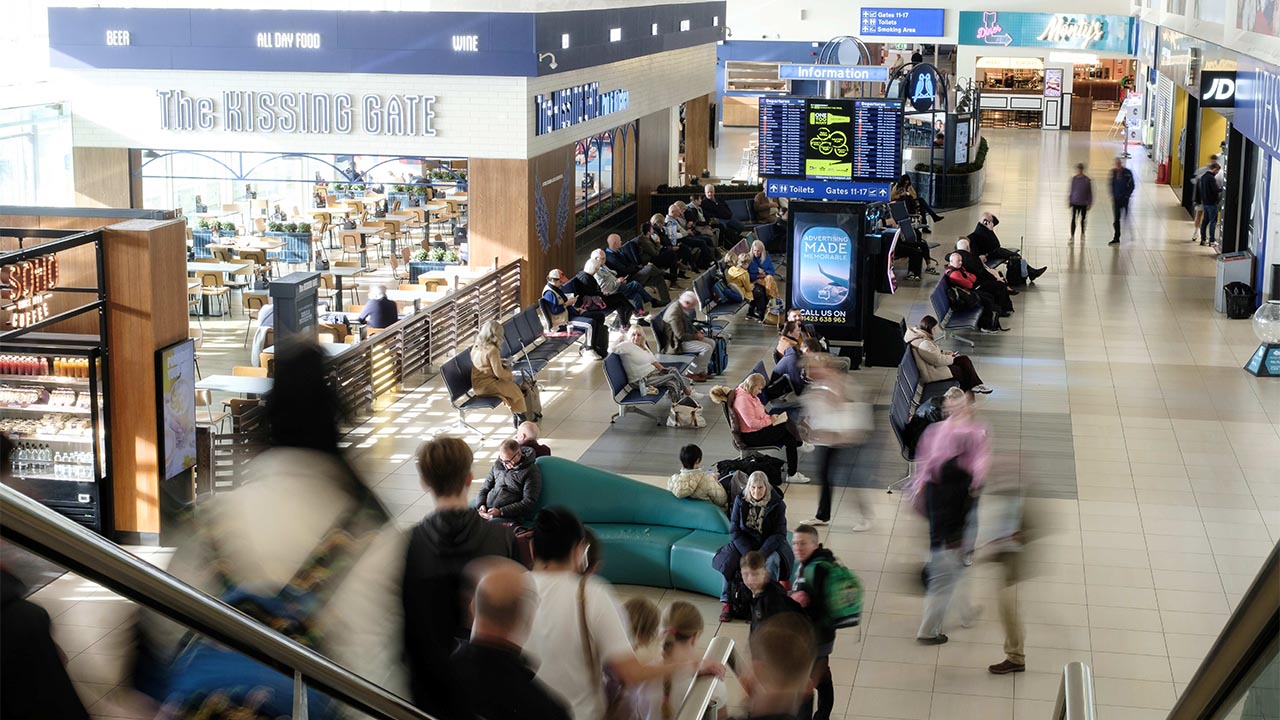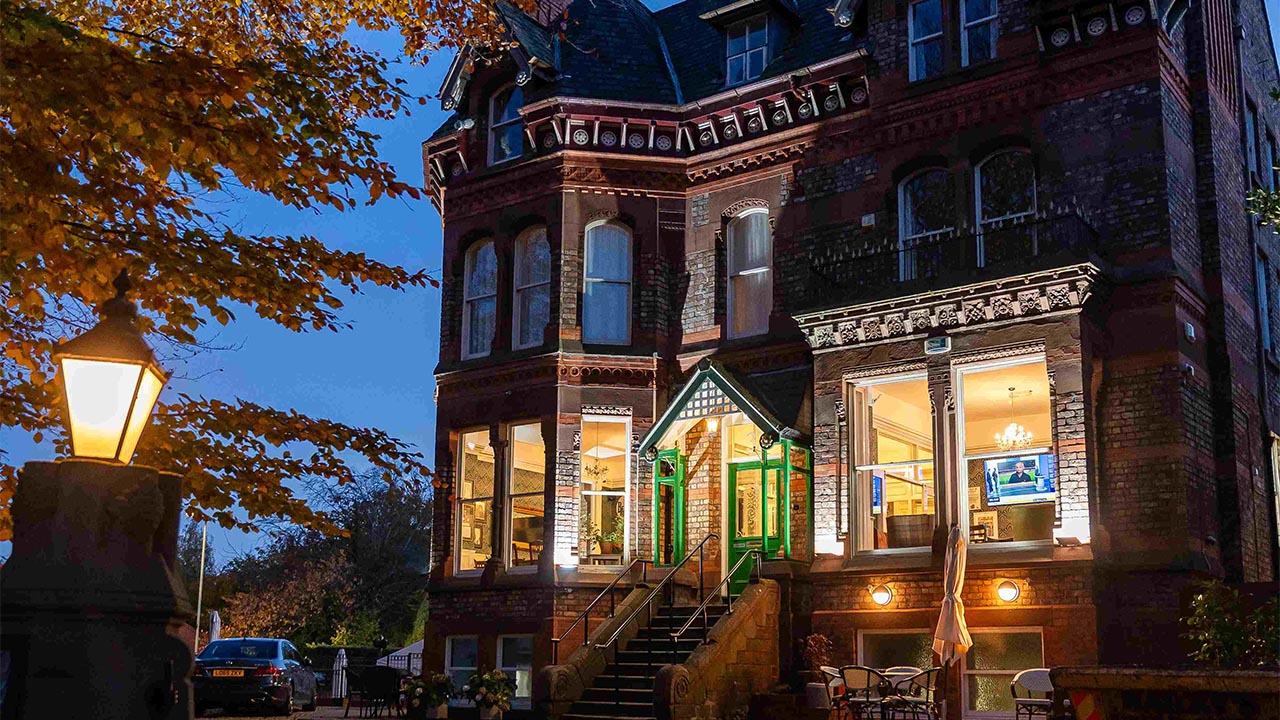The West Midlands Combined Authority has announced a significant development in Birmingham’s transportation infrastructure. A new tram line is set to be constructed, linking East Birmingham to the city centre. This project is part of a broader £2.4 billion investment from the UK government aimed at enhancing the region’s transport network.
The tram extension is a pivotal component of the ambitious Sports Quarter regeneration initiative, spearheaded by Birmingham City Football Club’s owner, Tom Wagner, and his company, Knighthead. The Sports Quarter will feature a 60,000-seat stadium, training facilities, a new academy, and community pitches, all situated on the Birmingham Wheels site in Bordesley. The tram line will provide direct access to these facilities, improving connectivity for fans and residents alike.
Beyond enhancing transportation, the project is expected to stimulate substantial economic growth in one of the UK’s most deprived areas. Projections indicate the creation of over 8,000 jobs and the development of more than 1,500 new homes. Additionally, the improved infrastructure aims to attract further investment, potentially unlocking around £10 billion in private funds, leading to 55,000 new jobs and 7,700 homes across East Birmingham and North Solihull.
The new tram route will connect with the ongoing Eastside extension, serving key locations such as Millennium Point, Birmingham City University, the Curzon Street HS2 station, and Digbeth. Future plans include extending the line to North Solihull, Birmingham Airport, the NEC, and the HS2 Interchange at Arden Cross, further integrating the region’s transport infrastructure.
Mayor Richard Parker emphasised the transformative potential of the project, stating that it will “unlock one of the most significant private investments our region has ever seen” and “transform East Birmingham and North Solihull into one of the UK’s key growth corridors.”
Chancellor Rachel Reeves highlighted the government’s commitment to regional development, noting that the £2.4 billion funding for the West Midlands is part of a larger £15.6 billion investment in transport infrastructure across the North and Midlands. This initiative aims to address regional disparities and promote economic growth outside of London.









